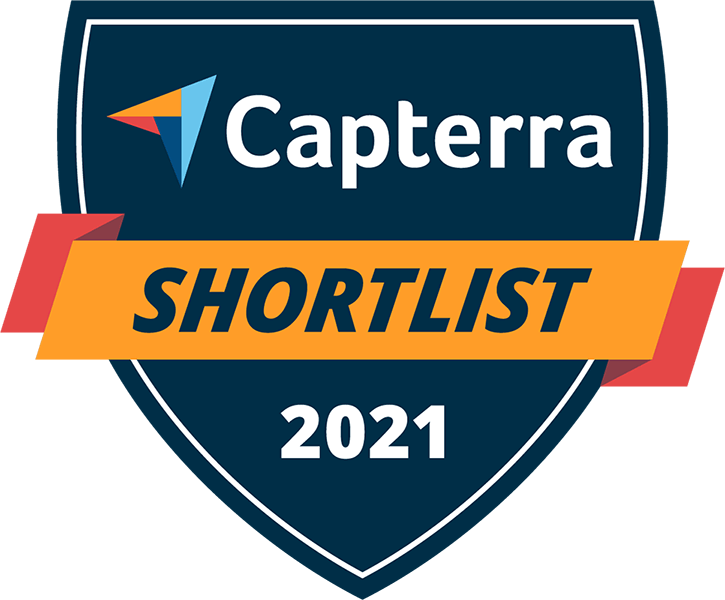Service
CMS Development
A content management system (CMS) is computer software used to manage the creation and modification of digital content (content management). A CMS is typically used for enterprise content management (ECM) and web content management (WCM). A properitary CMS allows business to perform unique operation apart from general CMS available in the market ie: WordPress, Drupal, ZOOMLA and etc.
What is CMS?
It is content management system with a set of features that allows for easier and more efficient management of your site. It allows you to do things such as add pages and content, manage permissions, and many more. It is the best and most widely used way to create a website, especially in the business environment. Some of the popular CMS platforms available in the market is WordPress, Zomla, Drupal, Strapi, AEM, Contentful and etc.
How does CMS benefit businesses?
A reliable CMS ensures consistency in appearance and ‘look and feel’ of the website. customise your website to meet your precise business needs. use non-technical staff to make updates, although they may need basic training. reduce website maintenance costs.
How much does CMS implementation?
The average cost of these software ranges from $10,000 to $50,000 for the overall package, which includes design, development of custom features, configuration, and so on. You can add a couple of thousands of dollars for training your support staff.
Which CMS is best for my business?
WordPress. WordPress is by far the most popular content management system. In fact, the WordPress CMS powers 42.3% of all the websites on the internet (including the Themeisle blog).
Things to look before getting an CMS for business
1. Core Functionality
2. The Editor
3. Managing Assets
4. Search
5. Customization (Themes, Plugins, Custom Coding)
6. User Interaction
7. Roles And Permissions
8. Versioning
9. Multilingual Support
10. Marketing
11. Security and DDOS Control
CMS Facts & Stats
- The CMS market will reach $123 billion by 2026. (Source: Zion Market Research)
- WordPress powers 34% of the web and is the most popular CMS.
- It has a staggering 62% share of the web CMS market.
- Joomla holds a 4.9% share of the market.
- 43.6% of websites use a custom-made CMS.
- Wix is the fastest growing CMS, expanding 149% year-on-year.
- 34.3% of the top 1 million websites use WordPress.
How STABLX executes CMS projects?
Requirement analysis is a proces of understanding the whole in, out and processing of the system and the interface. The process includes understanding the end user experience business want to deliver, backend users who will be managing the website and understanding the processing which happens inside the system.
Architecture developement is a process of creating an engineered skeleton of a future system. It defines how different parts of the website will be arranged and organised and developeed to achieve the output.
Development is the process where a design & architecture is converted into code to build the actual website. The process involves convesion of pseudo code into programming language to buld the backend and frontend of the website.
Client meetings and feature approval is part of the development and the team collaboratively puts effort to make it happen.
Testing is done to find any possible bugs in the frontend, backend or integration. The testing is done based on resources allocated by the dedicated team.
Deployment is the process of putting the software product on cloud and making it available to the end users. It is done by placing the code on the server. After the code is deployed, the server runs 24X7 to avail the service to the end user.
Once the application is deployed, it should be maintained with various packages and framework changes in the future. Security updates are important and software should be packed with the changes. New features should be planned and executed in agile cycle.
Frequently Asked Questions
A content management system (CMS) is a software application that enables users to create, edit, collaborate on, publish and store digital content. CMSes are typically used for enterprise content management (ECM) and web content management (WCM).
1. Content editor
2. User Access Control
3. Themes and Plugins
4. version Control
5. Updates and Support
6. API
7. Integration with Applications
Examples of the most widely used open source CMS platforms include: WordPress. Joomla. Drupal.
MS stands for learning management system and CMS stands for content management system, so the clues are in the names. An LMS is a platform that has been specifically designed to host, manage and deliver e-learning, while a CMS is a generic platform for all forms of online content.
Client Testimonials














